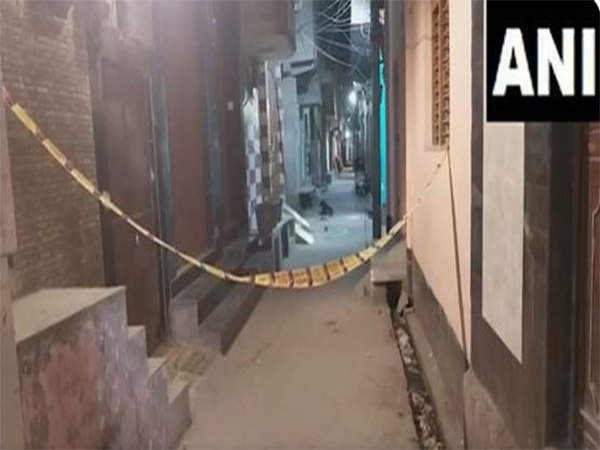Islamist terror violence on rise in African nations: Report
Apr 28, 2022

Washington [US], April 28 : What African nations dismissed as an irrational fear has become a reality for them with the horrific realization of the continent becoming the new hub for Islamist terror violence in the last few months, said a think tank, Policy Research Group (POREG).
According to a report assessing the trajectories of violence against civilians by Africa's militant Islamist groups, a quarter of all militant Islamist-linked attacks were on civilians in 2021 as compared to 14 per cent in 2016.
The report published by the African Centre for Strategic Studies, an institution within the US Department of Defense, noted that five major theatres of militant Islamic violence where the civilian population is getting used to violent attacks as part of their daily lives are the Sahel, Somalia, the Lake Chad Basin, northern Mozambique, and North Africa.
Notably, the Sahel saw a rapid escalation in Islamist violence since 2017. The region witnessed the highest level of militant Islamist violence targeting civilians across Africa comprising 60 per cent of all such violence in the continent.
The terror groups targeting the Sahelian countries - Macina Liberation Front (FLM) and the Islamic State in the Greater Sahara (ISGS) - exploit "intercommunal tensions" within the region and the government forces confronting Sahelian militant Islamist groups have, at times, only added to the escalation of violence, according to the report.
Further, the reliance of security forces' on communally based self-defence groups in their security operations, and the absence of oversight, have also "aggravated communal tensions and triggered more deadly forms of violence against civilians."
In Somalia, the terror group, al Shadaab, which is largely involved in ambushes, complex attacks, and battles with state and nonstate security forces, employs suicide bombers, uses improvised explosive devices and conducts targeted assassinations of government officials and civilians "as a tool of intimidation", reported the think tank citing the report.
The group is using these tactics to expand the territory under its control and project its influence over government and regional forces.
"Over time the group increased its use of suicide bombings and IEDs (remote violence), which accounted for an 83 per cent spike in civilian fatalities in Somalia between 2015 and 2016. Al Shabaab also escalated its civilian-targeted violence--against businesses that did not pay protection money, harshly punished dissent, and exacted revenge on its enemies," said the report.
"The years 2017-2019 were deadly for civilians, with al Shabaab perpetrating nearly 900 direct and indirect attacks on civilians in Somalia, resulting in nearly 2,000 fatalities. Recent years have seen increased incidents of al Shabaab battles with security forces, comprising nearly three-quarters of all events in Somalia," it added.
Ahlu Sunnah wa Jama'a (ASWJ), the terror group responsible for violence in Cabo Delgado province of Mozambique, has emboldened its activities to broaden its base by taking advantage of poorly equipped official forces.
The province, with decades of government neglect and systematic underinvestment, witnessed roughly one-third of its population being displaced because of terror violence.
According to the report, heavy-handed responses of the security forces usually have an escalating effect on such incidents by driving recruitment for violent extremist groups and further endangering civilians in contested areas.



















